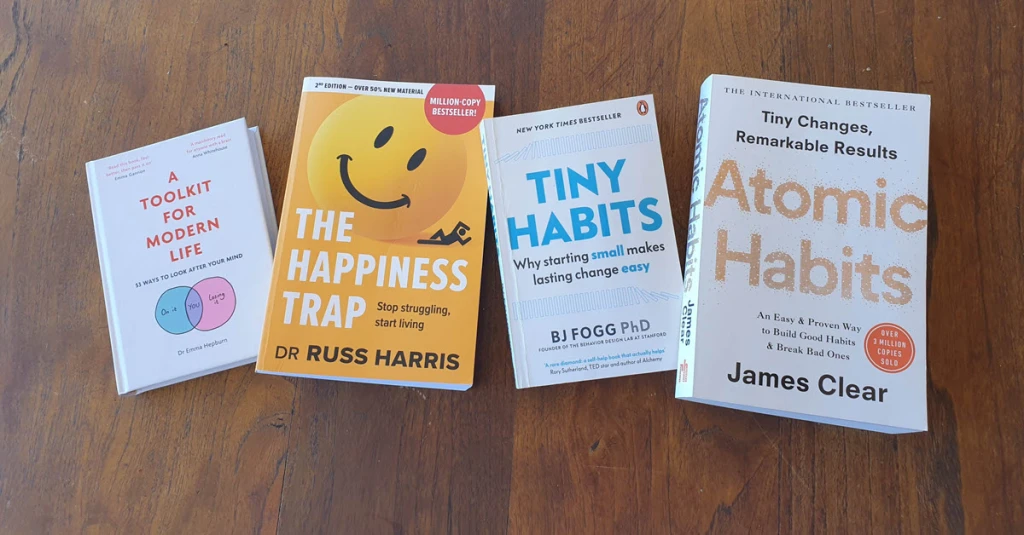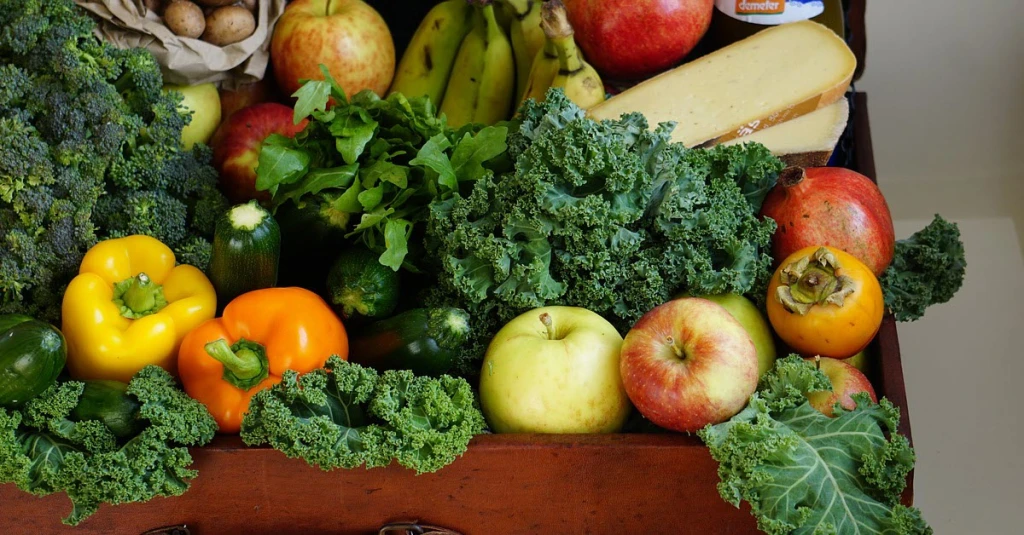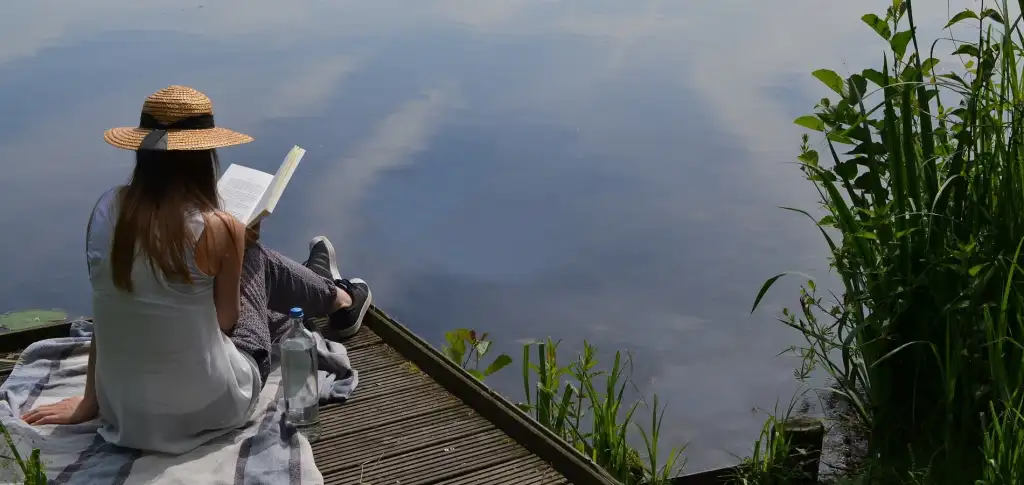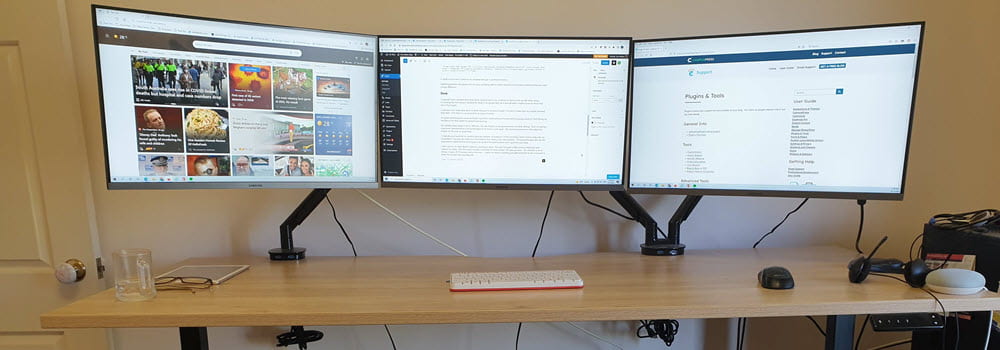I’m doing a presentation next week for Alec Couros‘ s EC&I 831: Social Media & Open Education course and as part of it I’ve need to organise some required reading one week prior to the presentation.
I’ve been asked to focus on educational blogging and building personal learning networks so I’m hoping you can help as I want to:
- Demonstrate how conversations in blog comments provides greater knowledge gain for all involved, because each individual sees a different perspective of the task – giving everyone greater “food for thought!”
- Model personal learning networks in action!
About The course
EC&I 831: Social Media & Open Education course is an open access graduate course from the Faculty of Education, University of Regina for both registered and non-registered students.
Participants are all teachers, or principals, and most are new to using social media.
Can you share your thoughts on the following:
- What are the benefits of blogging with students and/or yourself?
- What are some of the challenge of student blogging and how do you avoid them?
- Can you recommend any ‘must read’ articles on student blogging?
- What questions would you most like me to answer if you attended a presentation by me on educational blogging and building personal learning networks?




Leave a comment